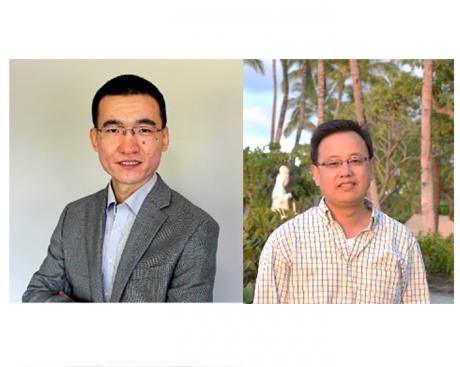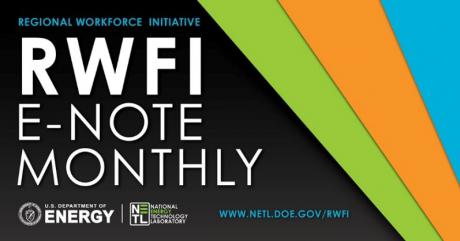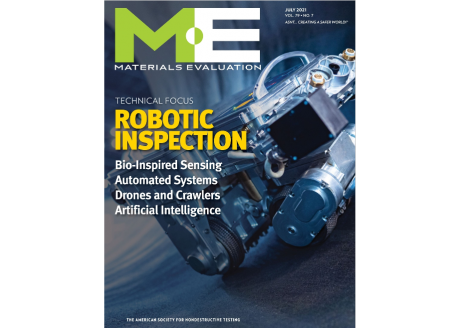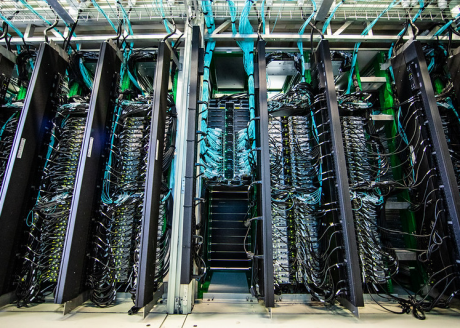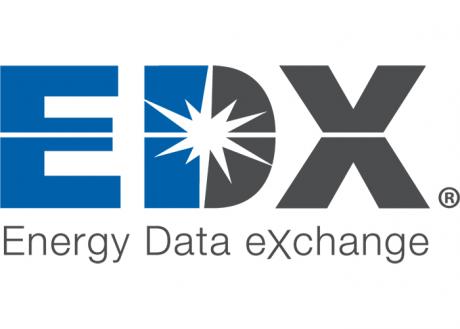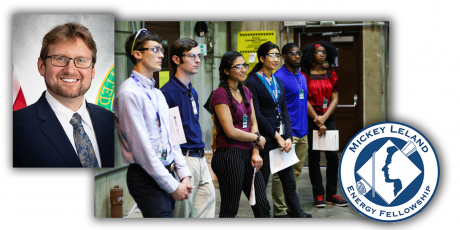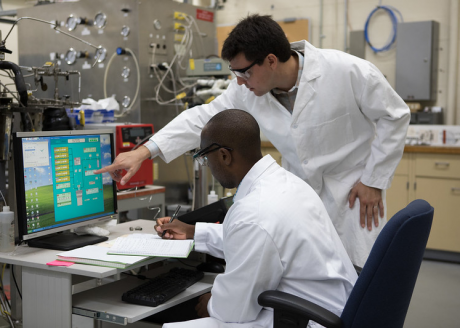This quarter’s Research Associate Spotlight and Mentor Profile illustrates how pairing an experienced NETL researcher with an up-and-coming scientist can open new roads to discovery and facilitate faster technology development at lower cost.
Research associate Fei Xue, a participant in the NETL Post Graduate Research Program administered by the Oak Ridge Institute for Science and Education, explains how working with his mentor, Youhai Wen, interacting with other NETL experts and using the Lab’s Joule 2.0 supercomputer, among the most powerful in the nation, are advancing important research in the field of computational science and engineering.
Through science-based simulations, multiscale modeling and data analytics, Xue is making meaningful contributions to NETL’s efforts to analyze and predict performance of materials used in a diverse set of energy research projects while accelerating development of clean energy technologies.
About
News and Events
Research and Programs
Carbon Management Point Source Carbon Capture Carbon Dioxide Removal Carbon Dioxide Conversion Carbon Transport & Storage Hydrogen with Carbon Management
Resource Sustainability Methane Mitigation Technologies Minerals Sustainability Natural Gas Decarbonization and Hydrogen Technologies Advanced Remediation Technologies Energy Asset Transformation
Key Lab Initiatives Advanced Alloys Signature Center (AASC) Science-based Artificial Intelligence and Machine Learning Institute (SAMI) Center for Microwave Chemistry (CMC) Center for Sustainable Fuels and Chemicals (CSFC)
Energy Technology Development Office of Energy Efficiency and Renewable Energy Battery Workforce Initiative Cybersecurity, Energy Security, and Emergency Response Office of Electricity
Business
Work with Us

Library
Explore our Library

Approved Categorical Exclusions Environmental Assessments Environmental Impact Statements Oil and Gas Projects Summaries NETL Fact Sheets NETL Newsletters Publication Search Energy Data Exchange (EDX) FECM External R&D Final Technical Reports Project Landing Page Summary Information for External R&D Awards Technical Reports Series (TRS) Peer Review Reports
- Research and Programs
- Carbon Management
- Core Competencies
- Resource Sustainability
- University Training & Research
- Key Lab Initiatives
- Energy Technology Development
- Featured Infrastructure
- Methane Emissions Reduction Program
-
- Business
- Technology Transfer
-
- Library
- Energy Analysis
-
- About
- News and Events
- Education


